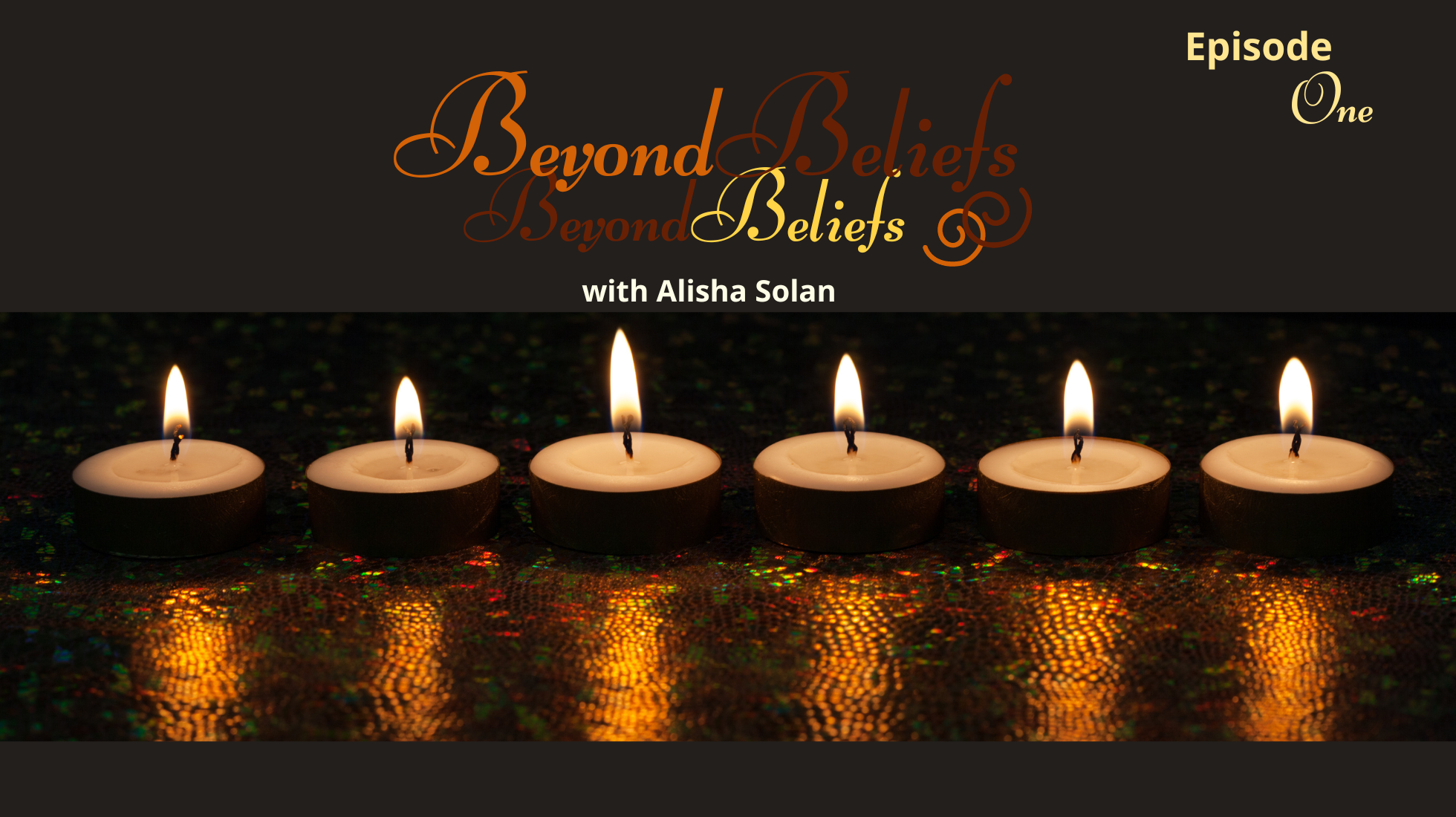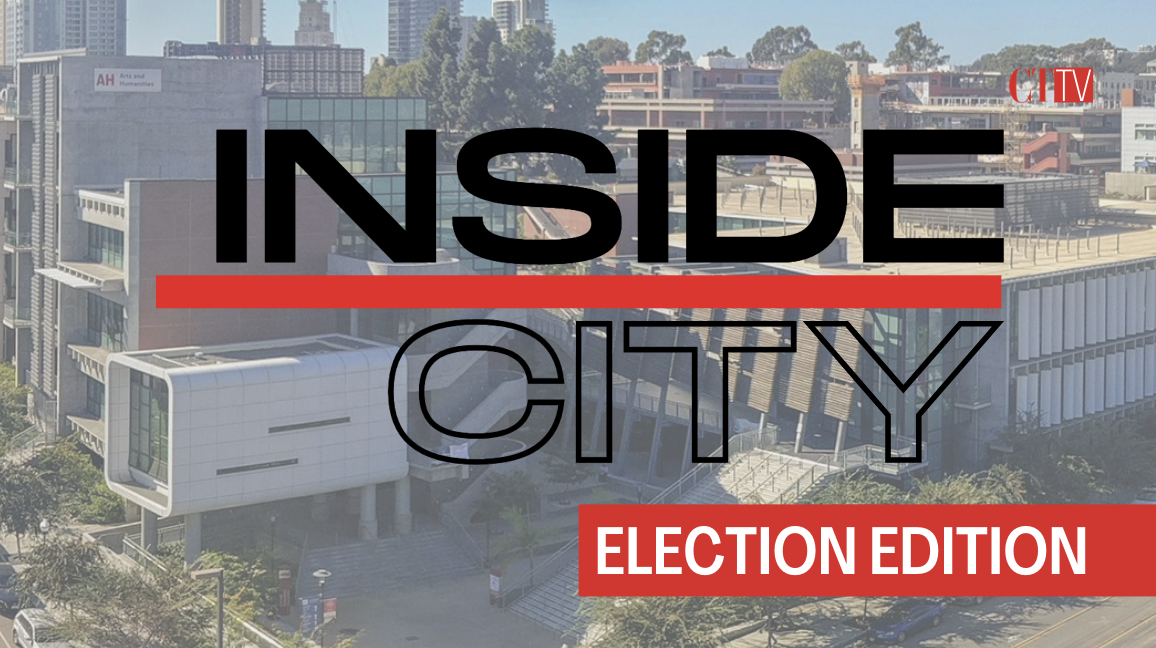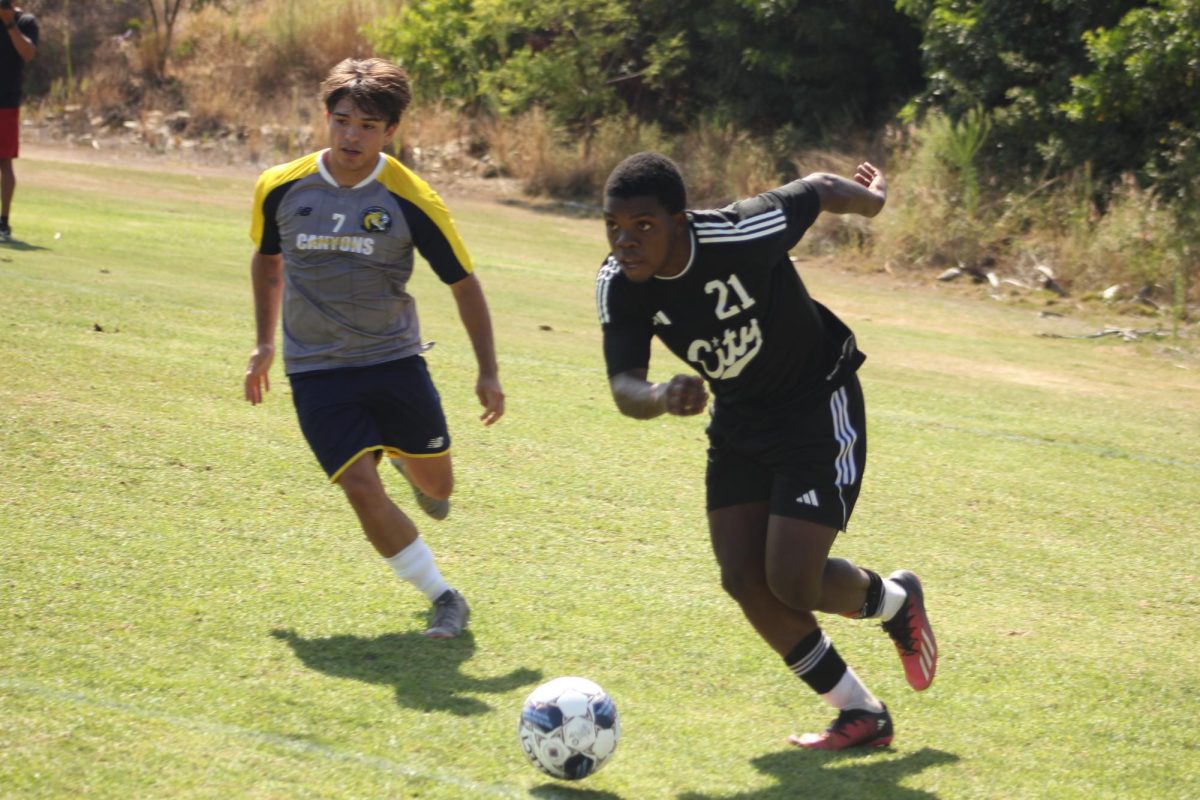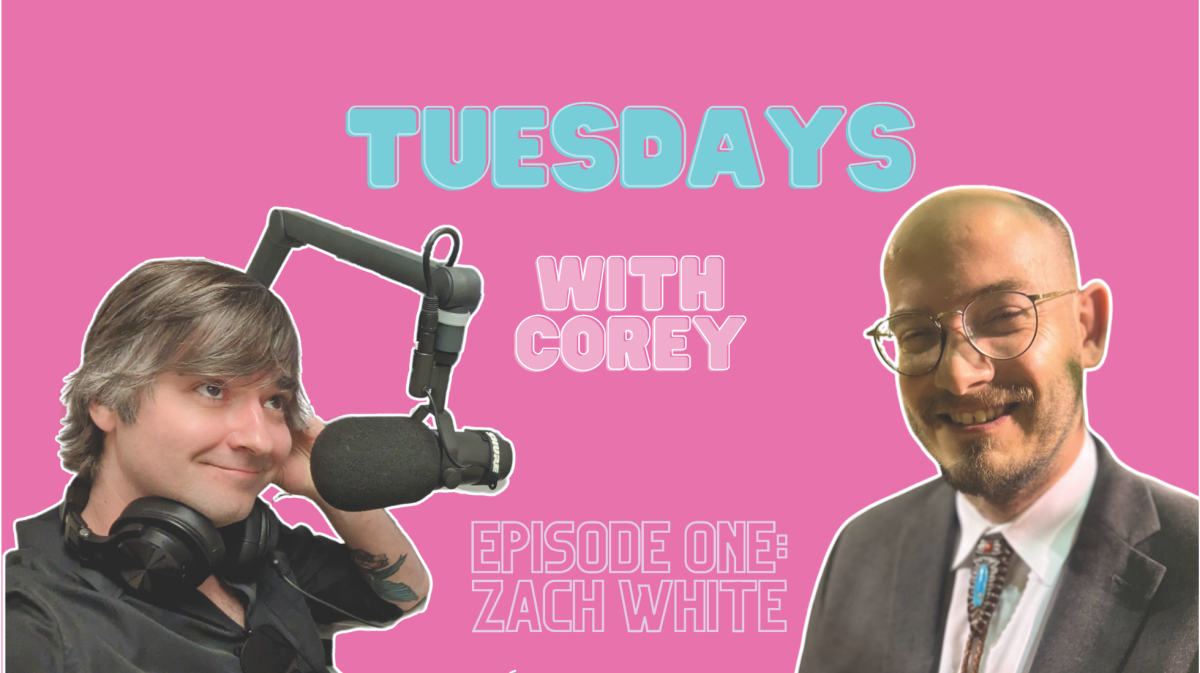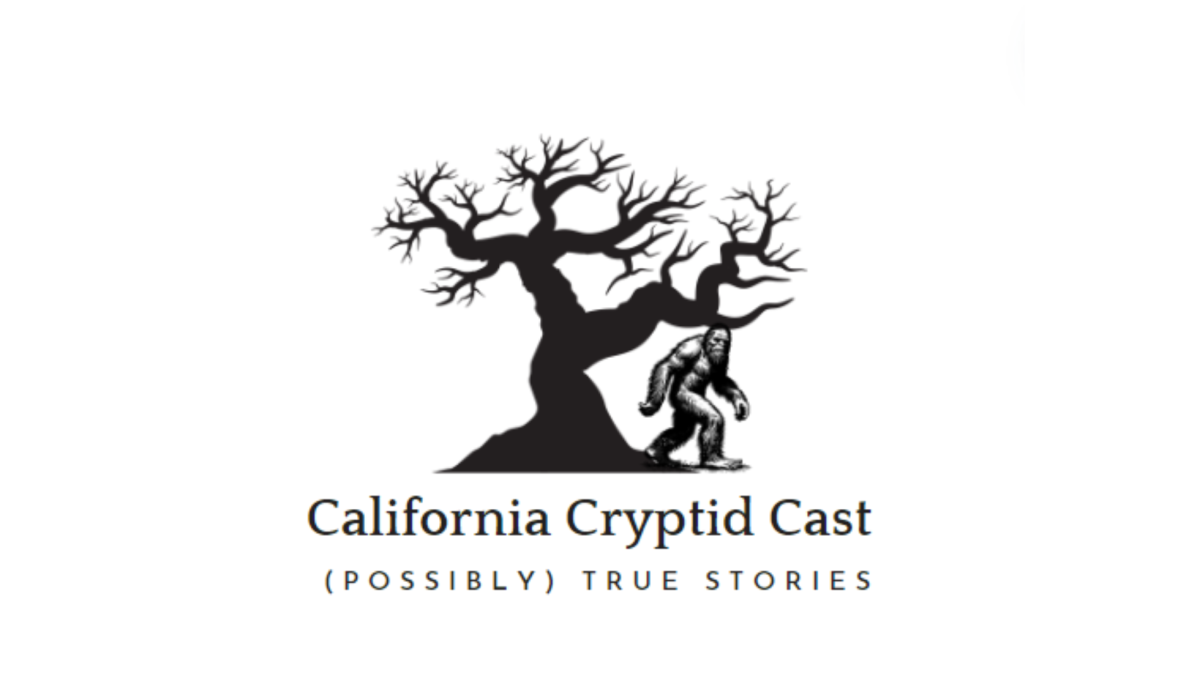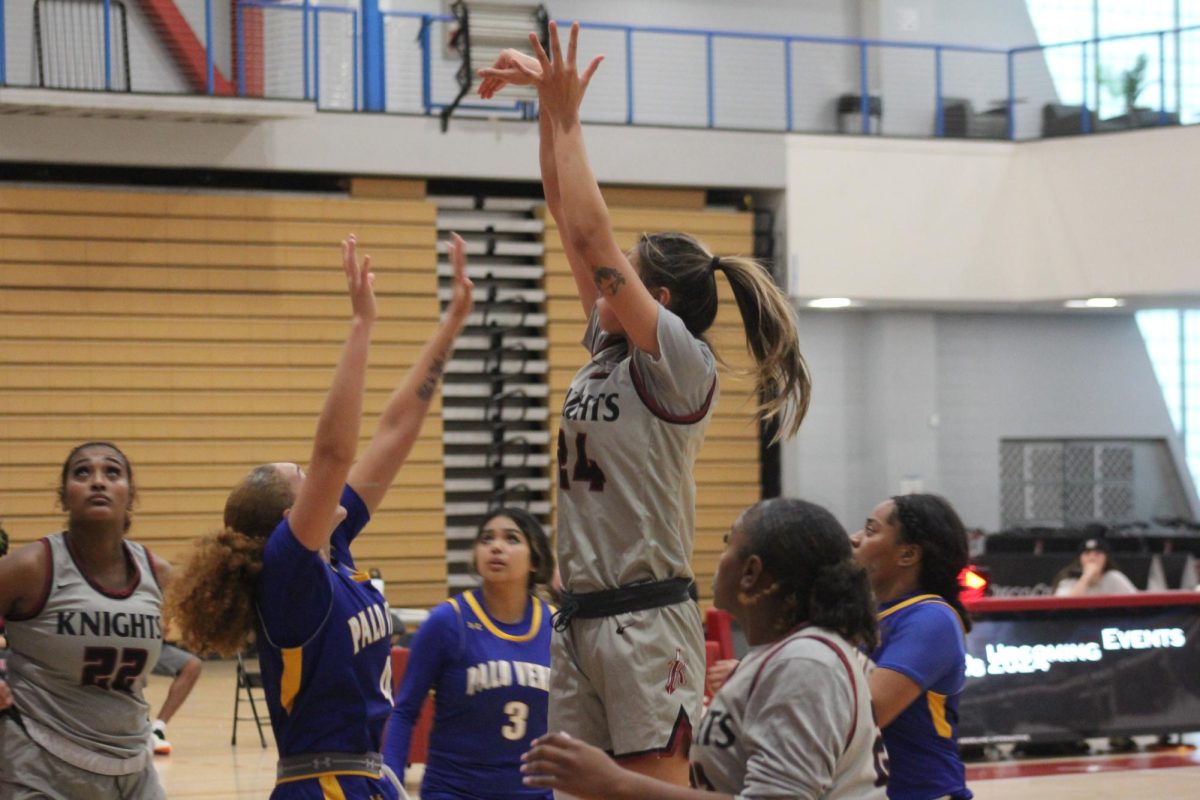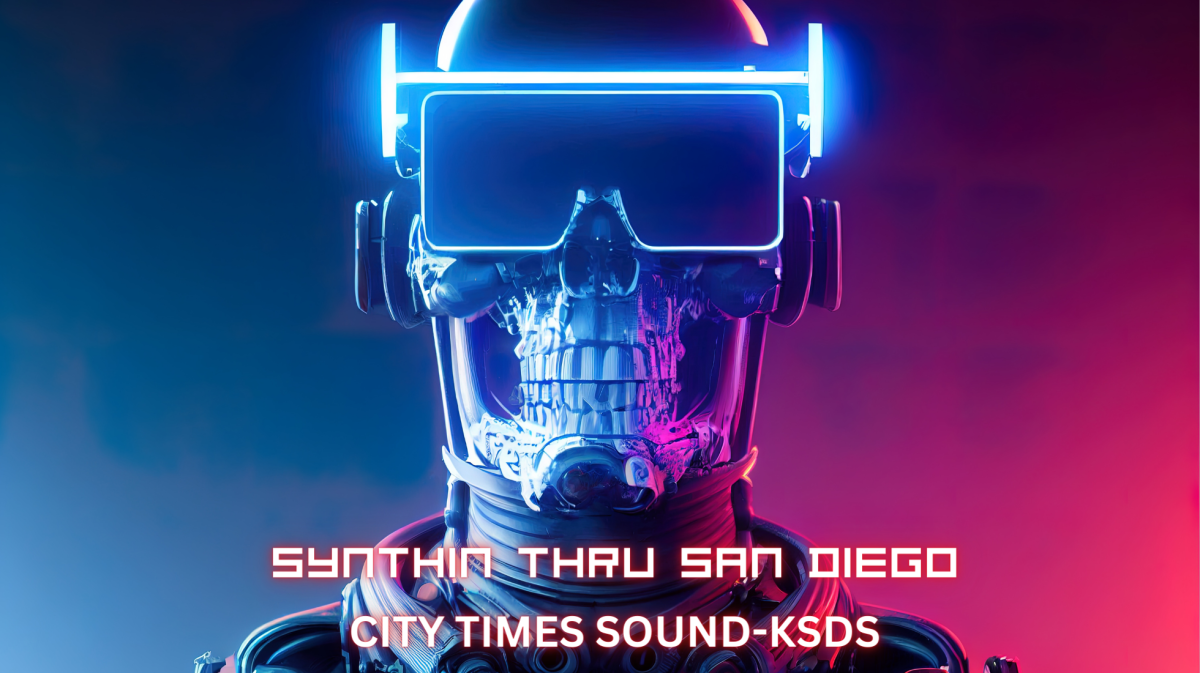In the debut episode of “Beyond Beliefs,” host Alisha Solan discovers how having a gay brother launched Elisabeth Burke’s career as a scholar of religion.
This podcast explores the beauty, power, and diversity of religion and spirituality that goes “Beyond Beliefs,” because religion is much more than a set of beliefs or tenets to be agreed upon.
“Beyond Beliefs” is hosted by Alisha Solan of City Times Sound.
Can’t access the recording? Click here. Keep reading for the transcript or click here.
TRANSCRIPT
Alisha Solan 0:05
Hello, this is Alisha Solan. And you’re listening to “Beyond Beliefs,” a show where we explore the beauty and diversity of religion and spirituality. Today, we’re talking with religion scholar, Elisabeth Burke. Elisabeth earned a Ph.D. in religion from Claremont University and an M.A. from Harvard Divinity School. Welcome, Elisabeth.
Elisabeth Burke 0:30
Thanks so much, Alisha. Great to be here.
Alisha Solan 0:32
So why did you decide to study religion? What brought you to this?
Elisabeth Burke 0:37
It was not something I knew automatically that I wanted to do. It’s usually not a course or a department that you can participate in until you get to college.
Alisha Solan 0:45
Nobody said, “Do you want to be a doctor, lawyer, teacher or religion scholar?”
Elisabeth Burke 0:49
No, definitely not. I definitely had no idea that this subject matter, this discipline, existed till I went to college and took my first Religious Studies course. I was raised in a Christian household; we were very devout. But we also weren’t very conservative. My parents were basically Berkeley, Jesus hippies. That was the introduction to religion that I had in my own life. So I very much was raised in a family and a culture that showed the beauty of what religion can be, and the sort of peaceful mindset and love and forgiveness and compassion that religion can create. And then, when I was in high school– I have one older brother, he came out when I was a junior in high school, came out as gay. And for us as a family, that wasn’t a big deal. No biggie, you know, we were ready to love and embrace him. But I know that that’s not everyone’s story. And I know that that’s not every family that has a religious tradition’s story. I wanted to have the language and the understanding, to defend my brother, and to defend other LGBTQ Christians and members of other religious traditions. Because I knew, of course, that there were a lot of people, not just in Christianity, but other religious traditions that were not so accepting. And that automatically assumed that religion and an LGBTQ identity were incompatible with each other. So that led me, sort of, down a path of personal study. And I was also just, sort of, drawn in and fascinated by the fact that a single religious tradition, a single sacred text could be understood in so many different ways.
Alisha Solan 2:22
So how would you describe your relationship to Christianity now?
Elisabeth Burke 2:26
I continue to have a complicated relationship with Christianity, I would say. And it’s a part of my family. it’s still very much a part of who my parents are. But I’ve also seen how much trauma it can cause. You know, learning more about my brother’s story –growing up gay and Christian– you know, really showed me how much trauma that story can entail. And studying religion, I spend more time in the questions about religion than I do in the answers. And absolutely, when I started studying religion, I wanted answers. And I feel like a lot of my students want answers too, right? And that’s why they start out on this path. “Well, if I just study hard enough, if I just read everything, I’m going to figure it out.” The longer I’ve spent studying religion, and going down this path of Religious Studies, the fewer definitive answers I found, but more importantly than that, the less interested I am in final answers.
Alisha Solan 3:20
And yet, I know when we’ve talked before, your students are often given the chance to ask questions. And then many of them want to know what religion you think is true, what religion you favor or identify with…?
Elisabeth Burke 3:33
Every year, if I get asked this question, my answer is slightly different. Currently, I attend an unprogrammed liberal Quaker meeting. I don’t go all the time, I probably go once every other month. But it’s a tradition in a community that I respect, because they have– They’re able to hold questioning and uncertainty as something sacred. And that’s something that I appreciate. I also attend a Buddhist temple on occasion, because I really respect their respect for silence. No matter what your theological, religious, spiritual beliefs are, silence is something that can help develop that and help you to feel more certainty in your own questioning, beliefs, theology, whatever it is. So I think the words are wonderful. The words are important, too. The words can get you to a certain point. But ultimately, silence can get you further than any talking about religion or talking about a higher power will ever get you.
Alisha Solan 4:29
Excellent. It’s certainly a part of this title we’re working with, in terms of the Beyond Beliefs. That I’m interested in exploring the ways in which religion or spirituality is something that we experience. It’s something that we practice. Something that we encounter. Something that may be of a cultural perspective, rather than it being so limited to the mind and to what we believe.
Elisabeth Burke 4:53
So a lot of times that’s where we go to we go to. Religion is belief, and the two are exactly the same thing. But right. Religion is so much more than that. That’s one aspect of it. But in some religious traditions, it’s not even that important of an aspect. And oftentimes people who don’t agree with the beliefs of a religion may say, “Oh, I can’t believe that’s what you believe. Right? You’re a part of this religion, it means you believe that.” And it’s sort of dismissing the fact that religion is so much more than just that. And an individual can remain in a religion, and oftentimes does. Even if they question those beliefs. But they wouldn’t want to cut themselves off from their family, their traditions, their culture, their food, their holidays, their festivals, you know, their house of worship, their way of helping the community, their modes of social action. So yeah, I really like the title. I think it’s a great way to introduce the messiness, complexity, and reality of religion that is so far beyond what we oftentimes assume it to be. And I think that that’s wonderful. And that’s a beautiful thing, and I would never want to take that away from them. I would never want to take away anyone’s healthy religious beliefs. I think healthy religion is one of the most absolutely amazing parts of our world, and the world would be a much more boring place if we had one religious tradition. Or zero religious traditions.
Alisha Solan 6:10
Thank you. And that’s kind of our point here. I agree. We really need to look at and understand not only our own religious perspectives, looking at perhaps where maybe we may have blind spots to our own religious training. But also coming to understand where other religious perspectives are coming from. What beauty they have to offer, what harm is there in our own and other traditions.
You’ve been listening to Beyond Beliefs. My thanks to Elisabeth Burke. Please join us again next time when we will continue with this conversation.

